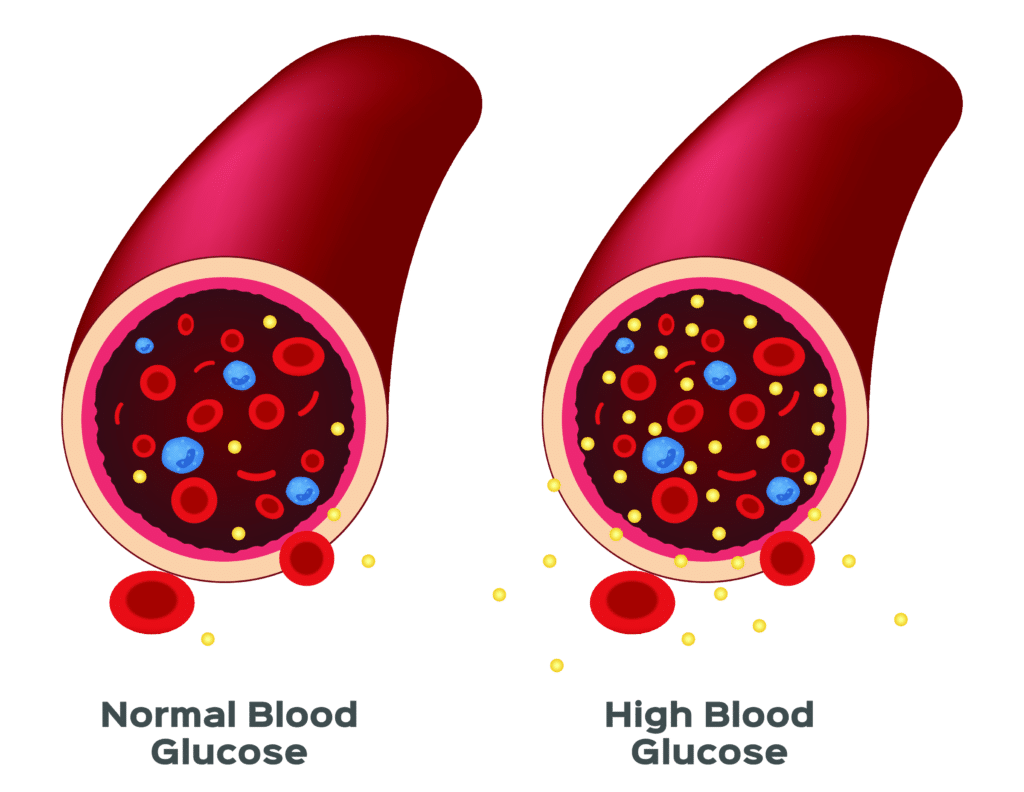Function Health vs. Viome: Understanding Key Differences

Viome, the popular at-home microbiome testing company, was founded in 2016, just a few years before Gene Food.
By contrast, Function Health, is a new entrant to the personalized health space and is backed by Dr. Mark Hyman, formerly of the Cleveland Clinic and famous in his own right in functional health circles. Function is filling an important void in the market by empowering health enthusiasts with access to testing that can be hard (but not impossible) to obtain through traditional allopathic channels.
Viome, as the name suggests, is focused on the microbiome space and offers at-home test kits which customers use to send in stool samples. My experience with Viome’s stool collection process is that is easier and more thoughtful than competing products (meaning the test kit gives you the tools to collect poop in a way that isn’t as bad as it sounds).
Function is partnered with Quest Diagnostics and sends users to Quest locations for the blood draws that power their platform.
Both companies are innovators, but there are key differences that you should be aware of when choosing between these platforms. Especially with the advanced lab testing offered by Function, some users may find it beneficial to have genetic testing done prior to their Function lab draw as the genomic data pairs well with most of the labs. This is not as much the case for the microbiome testing offered by Viome.

Get Started With Personalized Nutrition
Gene Food uses a proprietary algorithm to divide people into one of twenty diet types based on genetics. We score for cholesterol and sterol hyperabsorption, MTHFR status, histamine clearance, carbohydrate tolerance, and more. Where do you fit?
Quick view comparison
In the chart below, we offer a quick summary of the key differences between Viome and Function Health. This is top level analysis, but as you can see, both companies are FSA/HSA eligible, as is Gene Food.
| Function | Viome | |
|---|---|---|
| FSA/HSA eligible | Yes | Yes |
| Test | Blood draw | Stool sample |
| Focus | Longevity / early detection | Microbiome / supplements |
| Test | Visit lab | At-home sample |
| Turnaround | 7-14 days after lab visit | 3-4 weeks after samples received |
| Lab | Partnered with Quest Diagnostics | Uses proprietary sequencing and metatranscriptomics |
| Subscription | Yes | Yes |
| User interface | Intuitive and modern | Strong, geared towards supplement sales |
| Price | Starts at $500 per year | Starts around $199–$399 per test; subscription optional |
| Science | Strong | Developing |
In the rest of this post, I will offer my opinion on which of these test you may want to choose based on your health goals, insurance coverage, and budget.
Viome highlights
Viome is a solid product, my results gave me a lot to think about, and the interface is polished. The most valuable data point I received was that I had elevated TMA, although a subsequent Quest Panel contradicted that result.
Viome doesn’t come out and use the term “leaky gut,” because it’s not technically a recognized diagnosis, but the testing does allude to intestinal permeability and also touches on protein fermentation, which could be of interest to anyone on a carnivore diet (which we do not recommend).
The Viome test leans heavily into their supplement offerings so if you are in the Bryan Johnson camp and are looking for guidance to dial in personalized protocols, Viome may be of interest.
As a founder in this space who is deep in the weeds on genetics and my own labs, I wanted more insight and granularity from the results. I also wanted the initial questionnaire, which is extensive, to tie back to the results in a more direct way.
In addition, I would love to see data on the actual strains of bacteria populating my gut, rather than more zoomed out percentiles. Friends in the microbiome space have told me this level of detail is difficult to achieve with the current state of testing, but I am sure Viome (and the industry) will get there one day as the science progresses.
The same is true for markers like butyrate production and lipopolysaccharides, the reports are there, which is valuable, but I was hungry for more data. Tests like the Wheat Zoomer panel by Vibrant Wellness can be a good follow up for more “in the weeds” data points.
Function highlights
Where Viome offers unique and novel insights, Function pulls back what used to be the “velvet rope” cordoning off advanced lab testing and invites in the public.
Function’s initial questionnaire is more manageable than Viome’s, and the focus isn’t supplements, it’s over 100 key biomarkers that evaluate health and longevity comprehensively.
Overall, I believe that Function Health is the better choice for most of the members of our community because its testing is rooted in a more well established body of science, and the biomarkers they offer are on a “black belt level.”
I say this despite being disappointed that Function doesn’t offer sterol panels, which in my view are essential to any advanced lipid panel. Other than the missing sterol panel boat, Function delivers with an excellent cardiovascular profile, which includes LDL subfraction, Lp(a), ApoB, oxLDL, and some genetic markers, like the LPA Aspirin genotype, which we also report on at Gene Food.
Function also offers a very impressive battery of autoimmune, thyroid, and cancer detection tests, although some are add-ons. The out of box product is deep in valuable insights, and you can go even deeper down the rabbit hole for an additional fee.
I will go over my Function Health results in a separate review.
The role of insurance
One caveat to understand. Function is partnered with Quest Diagnostics and the testing is not covered by insurance. If you have a good relationship with a longevity minded physician, it may be possible to get most of what Function offers with a requisition slip from that doctor.
So, for those with really strong insurance and a rapport with their doc, saving the money on Function could the smart play. I will say based on my own experience though that it will be rare for all of the tests offered by Function to be covered by insurance.
Final thoughts
Viome is forging ahead into a new frontier, whereas Function is granting the public access to a “testing temple” that was previously off limits to many of us.
As between the two, I believe Function offers the greater insights and value for most users at this stage in the game, but I remain a fan of Viome’s as well.

Gerald Dropped His LDL-C by 100 Points With Diet Alone
Gerald was an ultramarathon runner, but despite his dedication to fitness, he was struggling with rising cholesterol levels, increasing blood pressure, and low energy.



